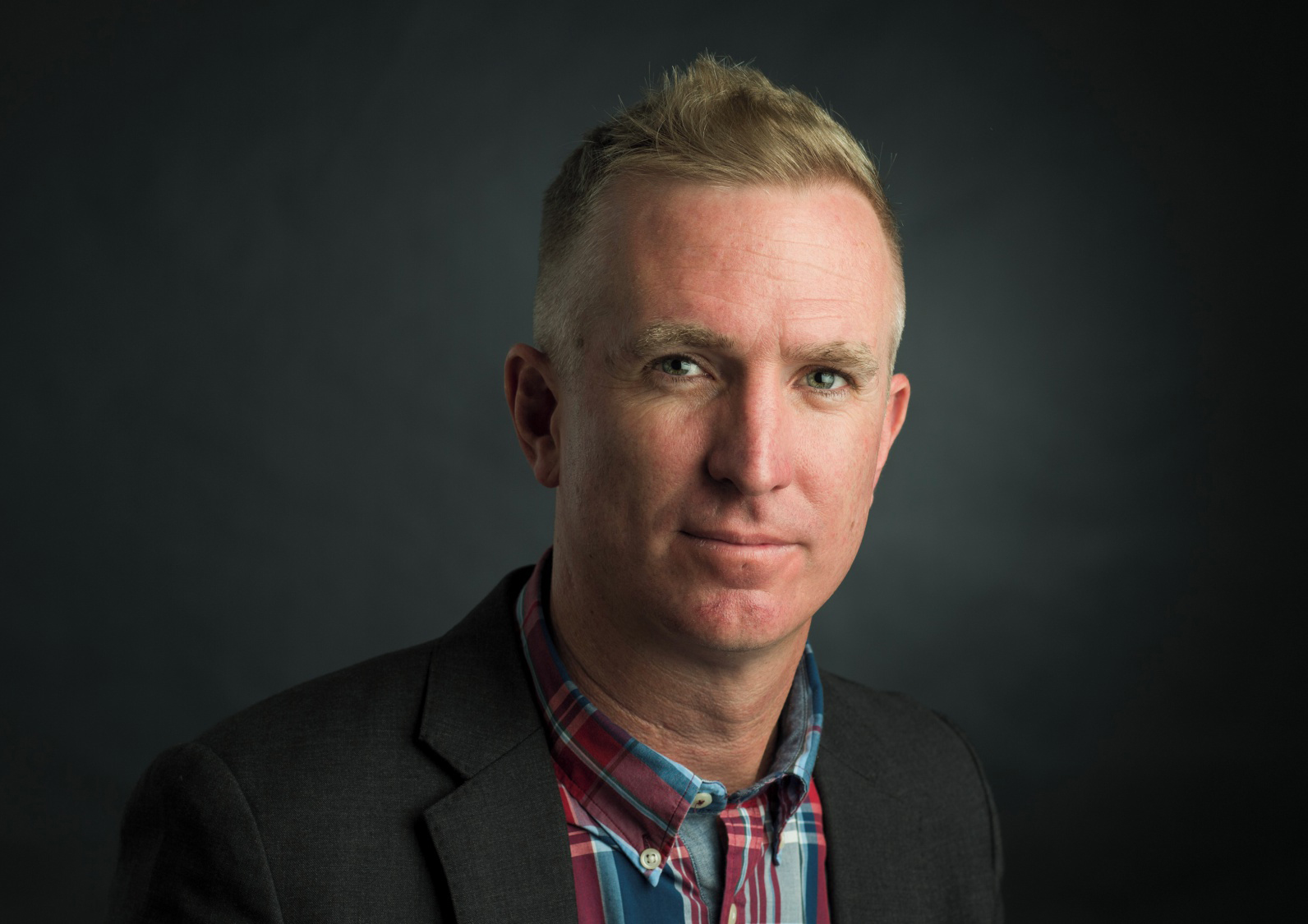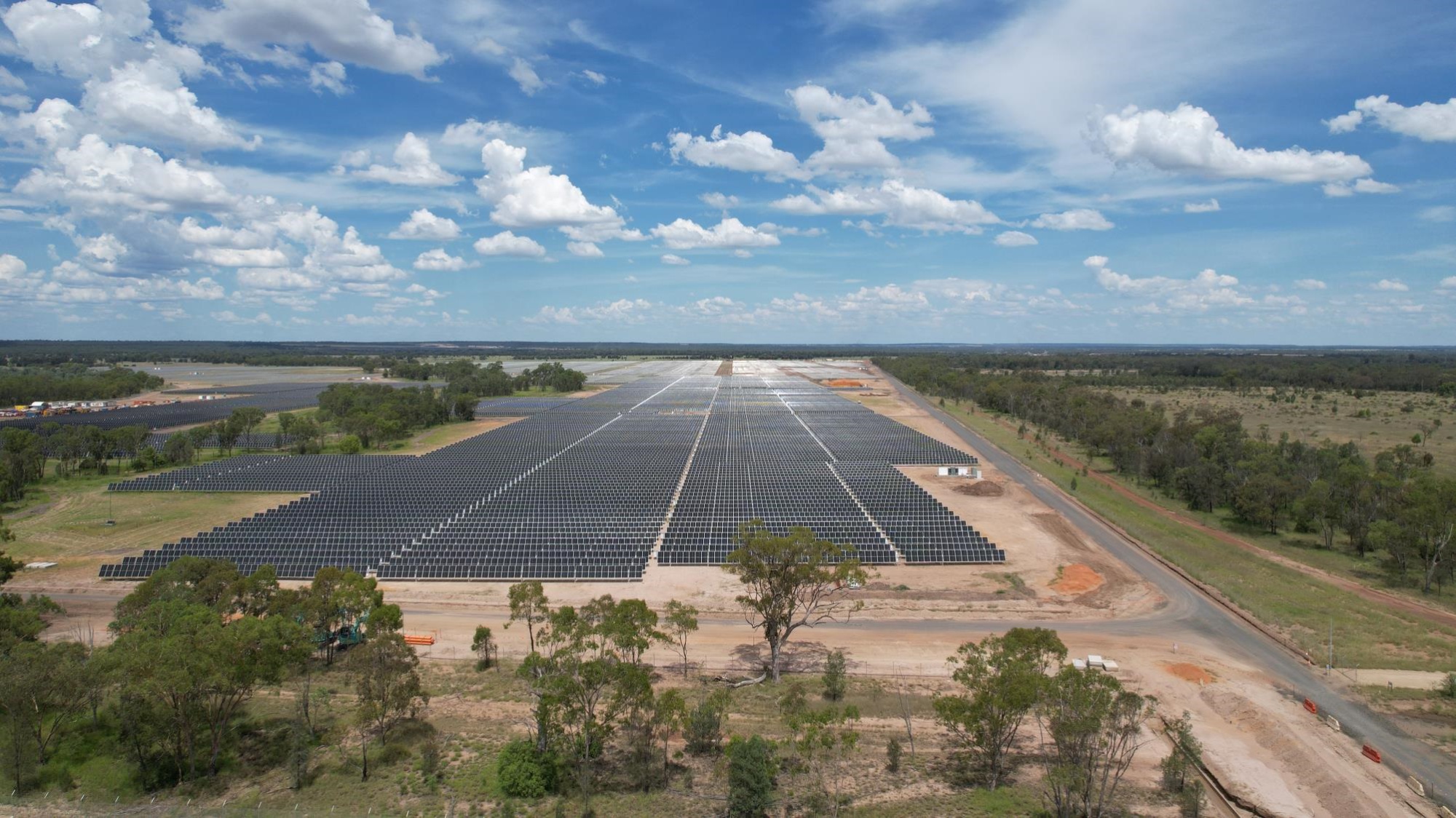Finding ways to engage the public in the transformation of Australia’s electricity systems, including the adoption of electric vehicles, is the challenge set for teams competing in Nudgeathon 2023 at QUT this week.
The behavioural change challenge (26-28 September) is presented by QUT’s Centre for Behavioural Economics, Society and Technology (BEST) in collaboration with the Behavioural Economics Team of the Australian Government (BETA), the ARC Training Centre for Behavioural Insights for Technology Adoption, and the Department of Climate Change, Energy, the Environment, and Water.
Using the principles of behavioural science, teams of university students, along with others from government departments and agencies and the private sector from across Australia, the United States and UK will tackle two specific challenges – Engaging Households With Vehicle-To-Grid (V-2-G) Technologies, and Addressing Misinformation Relating To Clean Energy Infrastructure.
Working in teams of four, they will present their solutions to a judging panel from academia, government, and industry. The winning team will receive $1000 and their proposal will be presented to government with the goal of being implemented at a Commonwealth level.

BEST Centre co-director Dr Stephen Whyte said the Nudgeathon competition aimed to develop solutions to real-life social issues.
Since the first one was held in 2017, topics have included sustainable wine growing, data access governance for health data, open banking and the challenge of switching, and how to increase volunteering among young people.
“The use of ‘nudge’ techniques is an increasingly important tool in public policy and public health campaigns,” Dr Whyte said.
“Australia is committed to reaching net zero carbon emissions by 2050 and a vital part of that plan is the transition to renewable and decentralised electricity systems and the electrification of transport.
“There are many benefits to be had from this goal but also new challenges, one of which is that electricity generated from renewable sources can be intermittent and unpredictable. So, promoting household behaviour change that supports more efficient use of the electricity system is key for future energy security, sustainability, and affordability.
“Another key challenge is integrating new technologies, such as rooftop solar, battery storage, and electric vehicles into our electricity systems, hence our choice of tasks for the teams.”
Representatives from QUT, CARRS-Q, UQ, Griffith University, ANU, University of Canberra, University of Sydney, UNSW, UTS, University of Pennsylvania and University College of London are among the 18 teams in contention.
Dr Whyte said behavioural economics was able to pinpoint areas in which people make decisions that do not appear to be in their interest and can help design a ‘nudge’ to drive positive change such as our adoption of new technologies.

“This is something the pioneers of ‘nudge’ techniques – Richard Thaler and Cass Sunstein – call ‘choice architecture’ and suggest any decision a government asks the public to make falls under this category,” Dr Whyte said.
“Our work in behavioural economics gives us the tools to study the science of it.
“There is an absolute art to framing solutions in a certain way to encourage people with a ‘nudge’ to make choices that will enhance not just their health, wealth and happiness, but also the greater good.
“The teams competing in Nudgeathon 2023 will have to demonstrate effective ways to encourage and support public engagement with electric vehicle to grid arrangements as this emerging technology is rolled out in Australia, using key theories from behavioural economics in conjunction with empirical evidence.
“In the second challenge, they are asked to apply behavioural economic tools to address disinformation relating to clean energy infrastructure. Solutions should focus on preventing as well as challenging existing misinformation.”
Professor Cass Sunstein, the Roberts Walmsley University Professor at the Harvard Law School, will be making an appearance at the event via video link.







